SUMMARY
This is AI generated summarization, which may have errors. For context, always refer to the full article.
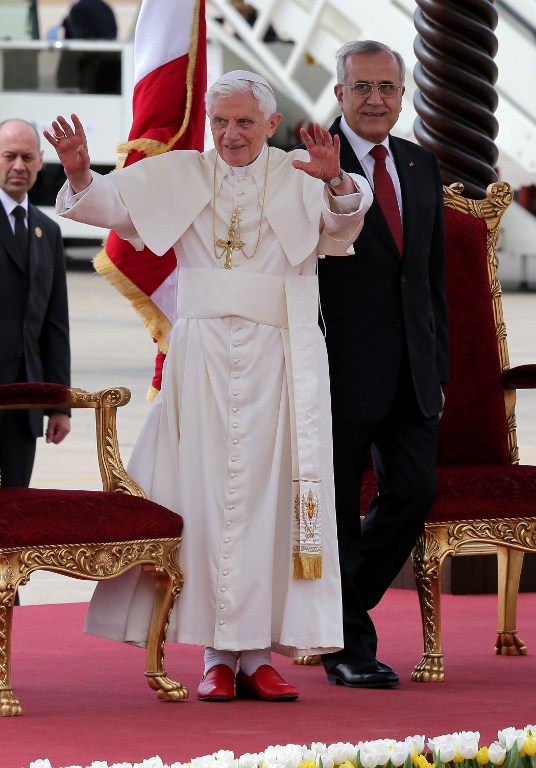
BEIRUT, Lebanon (UPDATED) – Pope Benedict XVI landed in Lebanon on Friday, September 14, to start a three-day visit, saying the multi-faith country could serve as an example to a troubled Middle East but with his message marred by a deadly Islamist protest.
Stressing the key element of the first papal visit to Lebanon in 15 years — reconciliation between Christians and Muslims — he derided fundamentalism as “always a falsification of religion.”
Not long after his arrival, one demonstrator was killed and 25 people hurt in clashes with police after a crowd of Islamists angered over a US-made film mocking the Prophet Mohammed torched a KFC restaurant in the northern city of Tripoli.
Among other slogans, the demonstrators chanted: “O Muslims, shout it out, we don’t want the pope.”
Even before his plane touched down, Benedict was attacked by a Qatar-based group of Muslim scholars, who accused him of seeking to sow divisions between the two religions.
But in Beirut, 83 kilometers (51 miles) south of Tripoli, a crowd of dignitaries and around 100 cheering supporters looked on at Rafiq Hariri International Airport, one holding up a banner that read “Joy to Lebanon. The pope has arrived.”
The 85-year-old pontiff was greeted by President Michel Suleiman, the Middle East’s only Christian head of state, and a 21-gun salute and as church bells rang out countrywide.
Addressing the Lebanese people, the pope said: “The celebrated Lebanese equilibrium which wishes to continue to be a reality will continue through the goodwill and commitment of all Lebanese.
“Only then will it serve as a model to the inhabitants of the whole region and of the entire world.”
The Lebanon of which the pope spoke is riven by sectarian tensions, as fighting rages next door in Syria, with sharp differences among Christians and Muslims over support for President Bashar al-Assad’s regime.
The pope said he came to Lebanon as “a pilgrim of peace, as a friend of God and as a friend of men.
“I also come symbolically to all the countries of the Middle East… whatever their origins and beliefs.”
Benedict will this weekend unveil the findings of a synod of bishops he convened in 2010 to address the future of Christians in the region and their relations with other faiths, particularly Islam.
Rejected
But his plea for reconciliation among religions in the Middle East was flatly rejected by a group of Muslim scholars based in Qatar, which accused him of spreading fear of Muslims among Christians.
In a Thursday (September 13) statement, the International Union of Muslim Scholars accused him of “fueling sedition between partners (in Lebanon)” by “planning to sign an apostolic exhortation that contains dangerous messages and ideas.”
It claimed the messages include a “warning from the Islamization of the society and spreading fear among Christians from political Islam in the region.
“It is strange that at the time the pope warns from political Islam, he himself practices large-scale political Christianity,” it added.
The pope will reach out to the estimated 13 million Catholics in the Middle East, asking them to work for peace and democracy alongside moderate Islamists, in a period fraught with fears of a rise of fundamentalism.
Violence
Those concerns are particularly poignant as the region is rocked by the deadly violence over the anti-Islamist film, which cost the lives of the US ambassador to Libya and three other Americans on Tuesday.
Benedict, who told reporters on his flight from Italy that religious fundamentalism is “always a falsification of religion,” will have to weigh his words carefully to avoid politically charged comments that could increase religious tensions.
In that vein, he is expected to call on Lebanon’s Christians to unite, divided as they are not only towards the regime in Damascus but also over a political vision for their own country.
Syriac Patriarch Ignatius Joseph III Younan has said he hopes the pope will also use the trip to call for negotiations in Syria, but here too Benedict must tread carefully.
In remarks to reporters, he said “arms imports (into Syria) must stop once and for all, because without arms imports, war cannot continue.”
Lebanese security forces are on high alert for the visit, and Interior Minister Marwan Charbel said this week that it “will be one of the most successful visits in the history of modern Lebanon.”
All roads on which the pope travels will be cut to other traffic.
The pope will stay in the mountain town of Harissa, where he will sign the final report on the synod of bishops.
On Saturday, he will meet Sleiman, a member of the Maronite Catholic church, and Prime Minister Najib Mikati, a Sunni, as well as Muslim religious leaders and the diplomatic corps in Beirut.
After lunch with eastern patriarchs and bishops in Bzommar, near Harissa, he will meet Lebanese youth at the Maronite patriarchate in Bkerke, another village in the same area.
On Sunday, he will celebrate an open-air mass at Beirut City Centre Waterfront and unveil the conclusions of the 2010 synod of bishops, before returning to Rome. – Albion Land, Agence France-Presse
Add a comment
How does this make you feel?
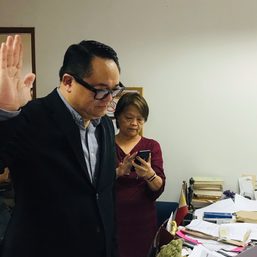

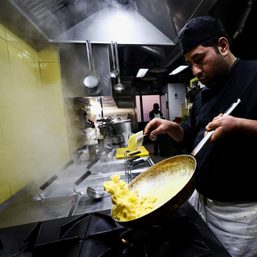
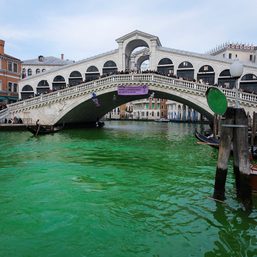
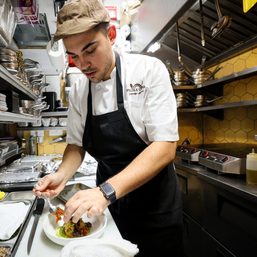
There are no comments yet. Add your comment to start the conversation.